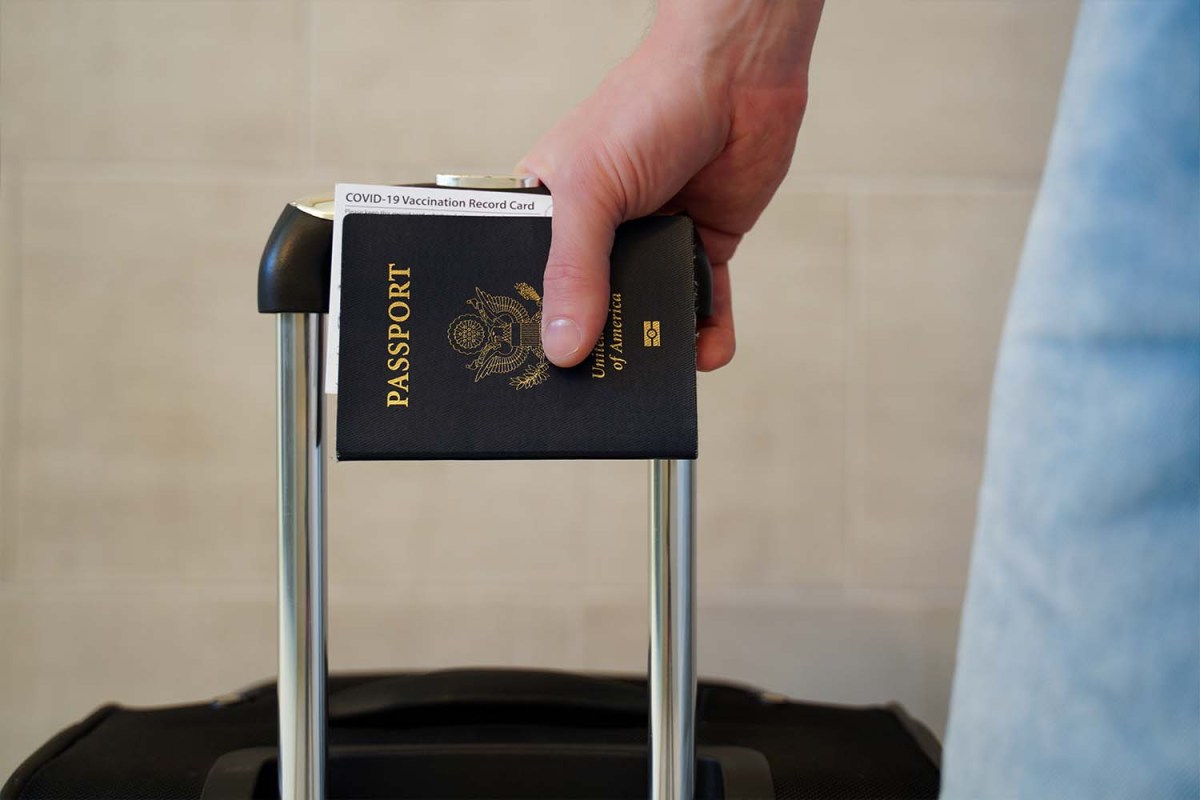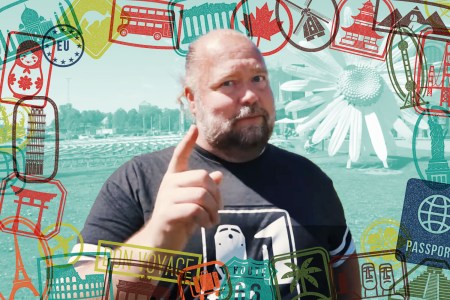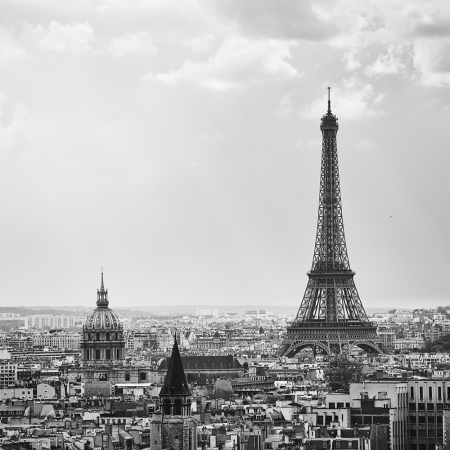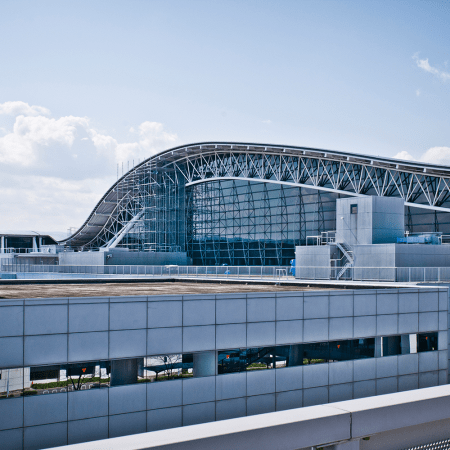This past February, I spent around 10 days in Tanzania. In that time, I must have apologized one million times to the guide to whom I was assigned. I apologized for asking so many questions, apologized for my dietary restrictions, apologized for all of the innumerable ways I assumed I was inconveniencing him. My hope, in retrospect, was that, through effusive apology, I might knock any preconceived notion he might have had about me, an American traveler. I was, at all times, prepared to apologize on behalf of other American travelers, too. It turns out I didn’t have to.
“We love American tourists,” he eventually told me outright. This was true for a handful of reasons, but none more so than willingness to spend. For one, Americans are generally good tippers, both at home and abroad, much to the chagrin of some, also both at home and abroad (tipping culture in the United States has become a hot button topic of late). But not only that, he told me, Americans don’t know how — or, more likely, care — to haggle in places where haggling is customary. Tell an American something costs $10? More often than not, at least in his experience, they’re going to take out a $10 bill (or shilling, if you want to get technical).
Of course, that’s just one man’s experience with American tourists (and clearly, money talks). If everyone shared the sentiment, there wouldn’t be a stereotype in the first place. That said, according to a new report from CNN, it might not be as commonplace as it once was.
How Not to Be an “Ugly” Tourist, According to Wolters World
Host Mark Wolters shares tips, tricks and advice for anyone planning a trip during this tumultuous travel season“The U.S. market has long been a coveted demographic for tourism boards, tour operators and destination management companies (DMCs) throughout the world for numerous reasons, perhaps most notably because of their incomes: averaging about $70,000 annually, salaries in the U.S. are the seventh-highest in the world,” Blane Bachelor writes. Discretionary income, she adds, generally means higher budgets for travel expenses. And while being coveted and being loved are hardly the same, it does seem as if the tides are changing in that regard, too.
“Europeans in general, and all the European businesses that I’ve made contact with during my years in the industry, they’re always welcoming to Americans,” Justin Albertynas, a travel industry expert based in Lithuania, told Bachelor. “Especially when they are from New York or LA, everybody is kind of putting them on a pedestal. So, actually on the contrary to the ugly American fad, everybody loves Americans.”
The other thing, Bachelor notes, is that — even in spite of their struggle to strike an appropriate work-life balance, or perhaps even because of — Americans tend to possess a particular zeal for travel that makes them pleasant guests.
“There’s an enthusiasm in Americans when they travel, which is really very much appreciated,” Catherine Chaulet, president and CEO of Global DMC Partners, said. “Overall, I find that a lot of Americans and certainly Canadians are very interested in the local culture, the local foods, as part of the experience. Generally, they like to have access to exclusivity, so activities or venues that are difficult to get by yourself, anything that is unique, is particularly sought after by Americans.”
Arguably most pertinent, I think that so many of us are so hyper-aware of the “ugly” American tourist trope at this point, we go out of our way to belie it. In 2020, Japan-based Reddit user and part-time retail employee, u/spiritualfairy1997, posted to the subreddit r/CasualConversation: “Americans are the friendliest tourists that I’ve ever met.” The prompt, which touches on some of the same points my guide in Tanzania made in February, has garnered more than 400 comments. The overwhelming majority of them are from Americans — not apologizing, but rather thanking her.
Thanks for reading InsideHook. Sign up for our daily newsletter and be in the know.



















